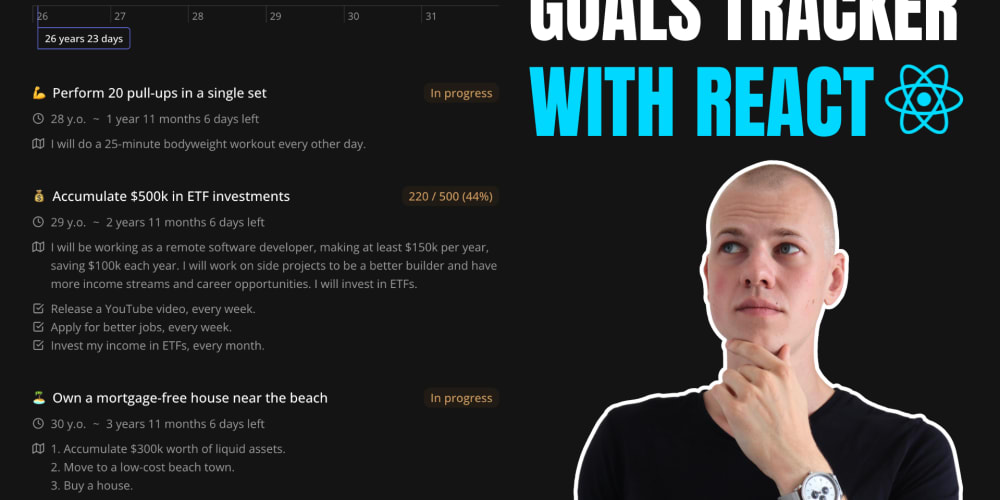Introduction
We can ensure the reliability and functionality of a deployed service using health check and smoke tests.
Health Check
Health check is used to verify that all endpoints of a deployed service are accessible and return the expected status code of 200 (OK).
To implement health check tests using Playwright, you can create a script that sends requests to each endpoint of your service and asserts that the response has a status code of 200.
Smoke test
Smoke tests, on the other hand, cover all endpoints as well but with more extensive assertions.
Fun fact: In plumbling, smoke testing is just another tool used to find leaks or sources of odor in pipes and sewage systems. It is not actually smoke, but the same type substance that comes out of fog machines. It is used to detect sewer gas leaks caused by broken pipes, bad connections, venting issues, open pipes or fittings
To implement smoke tests using Playwright, you can create a script that sends requests to each endpoint of your service and asserts that the response has the expected status code, body and error message
Health check example
const { playwright } = require('playwright');
(async () => {
// Start a browser
const browser = await playwright.chromium.launch();
// Create a new context (page)
const context = await browser.newContext();
// Create a new page
const page = await context.newPage();
// Define the endpoint URLs that you want to test
const endpoints = [
'https://example.com/api/users',
'https://example.com/api/orders',
'https://example.com/api/products',
];
for (const endpoint of endpoints) {
// Send a GET request to each endpoint
const response = await page.goto(endpoint);
// Assert that the status code is 200
for (const endpoint of endpoints) {
// Send a GET request to each endpoint
const response = await page.goto(endpoint);
// Assert that the status code is 200
expect(code).toBe(200)
}
}
// Close the browser
await browser.close();
})();
Smoke test example
const { playwright } = require('playwright');
const assert = require('assert');
(async () => {
// Start a browser
const browser = await playwright.chromium.launch();
// Create a new context (page)
const context = await browser.newContext();
// Create a new page
const page = await context.newPage();
// Define the endpoint URLs that you want to test
const endpoints = [
{ url: 'https://example.com/api/users', expectedStatusCode: 200, expectedBody: { id: 1, name: "user1" } },
{ url: 'https://example.com/api/orders', expectedStatusCode: 200, expectedBody: { id: 1, name: "order1" } },
{ url: 'https://example.com/api/products', expectedStatusCode: 404, expectedBody: { message: "product not found" } },
];
for (const endpoint of endpoints) {
// Send a GET request to each endpoint
const response = await page.goto(endpoint.url);
// Assert that the status code is as expected
assert.strictEqual(response.status(), endpoint.expectedStatusCode);
// Assert that the response body is as expected
const responseBody = await page.evaluate(() => JSON.parse(document.body.textContent));
assert.deepEqual(responseBody, endpoint.expectedBody);
}
// Close the browser
await browser.close();
})();
Surprise! This article is written by ChatGPT!


















